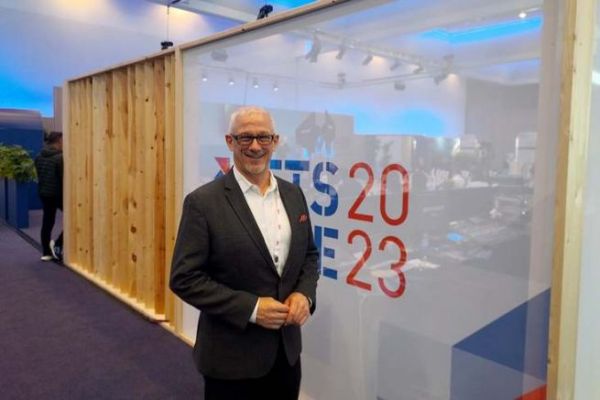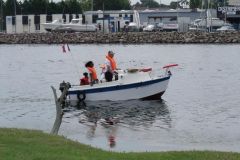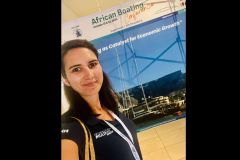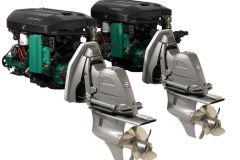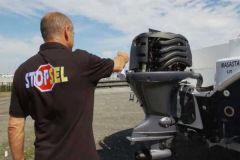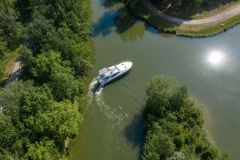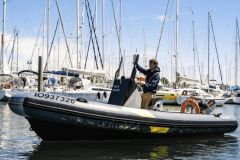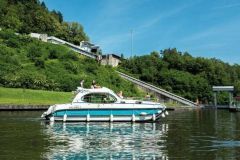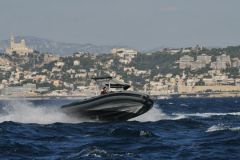Frank Hugelmeyer, vice-president of ICOMIA - International Council Of Marine Industry Associations, and president of NMMA - National Marine Manufacturer Association, representing the marine industry in the USA, talks to Boatindustry about the study published by ICOMIA on decarbonizing the sector, and more broadly about his vision of the state of the yachting industry.
How was the study "Pathways to low-carbon propulsion" published by ICOMIA carried out?
We wanted to work with a recognized firm, Riccardo PLC, one of the most reputable in the world, which works in industry and aeronautics. There's a real data vacuum in our sector. Of course, we know that sailing is the real green propulsion, but there are 30 million boats, and renewal is very slow. So the 1st question is how to decarbonize existing boats, and then how to decarbonize the industry. Using data from engine manufacturers, the EPA, the European Union and California, Riccardo PLC was able to estimate how long pleasure boats are used, and to study 9 different types of boat: RIBs, fishing boats, daycruisers, pontoon boats, jet skis, displacement boats, river boats, high-performance motoryachts and sailboats.

For each, we looked at 5 motorization options: conventional fuels, sustainable fuels for combustion engines (HVO or efuel), hybrid electric, battery electric and hydrogen for fuel cells or as a fuel, projected to 2035. Lifecycle greenhouse gas emissions, total cost of ownership, technical implications for the boat and for infrastructure were taken into account to establish a ranking of the different options.
The report was peer-reviewed 3 times before publication.
What guidelines emerge?
There is no single solution for every type of boat. In most cases, however, sustainable fuels are clearly the best way to achieve decarbonization. For small boats that do a lot of sailing, especially on charter, battery-powered electrics can be an interesting option. But unlike a car, our boats sail very little, with a long service life. What's more, batteries need to have a higher energy density, as more energy is required to power our boats.
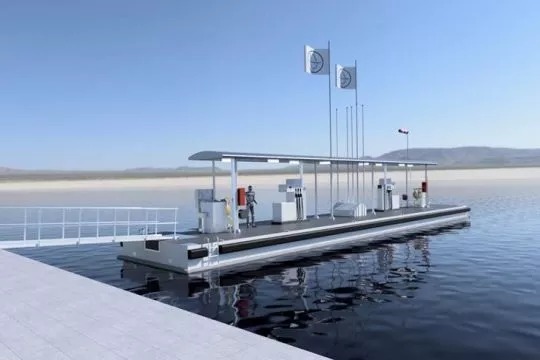
What is ICOMIA's use for the study, and what are the topics to be worked on for this decarbonization?
We now have a roadmap, so we can talk and discuss with manufacturers, regulators and the media. The worst thing would be for politicians to choose and impose a single path, without having the data and technical knowledge specific to boating.
For sustainable fuels, we need to work with regulators on distribution issues, which are almost non-existent today. As for battery electrics and hydrogen, we need a real funding boost for R&D, with tax credits. Today, the energy density of batteries is not there. We also need an international safety standard.

 /
/ 